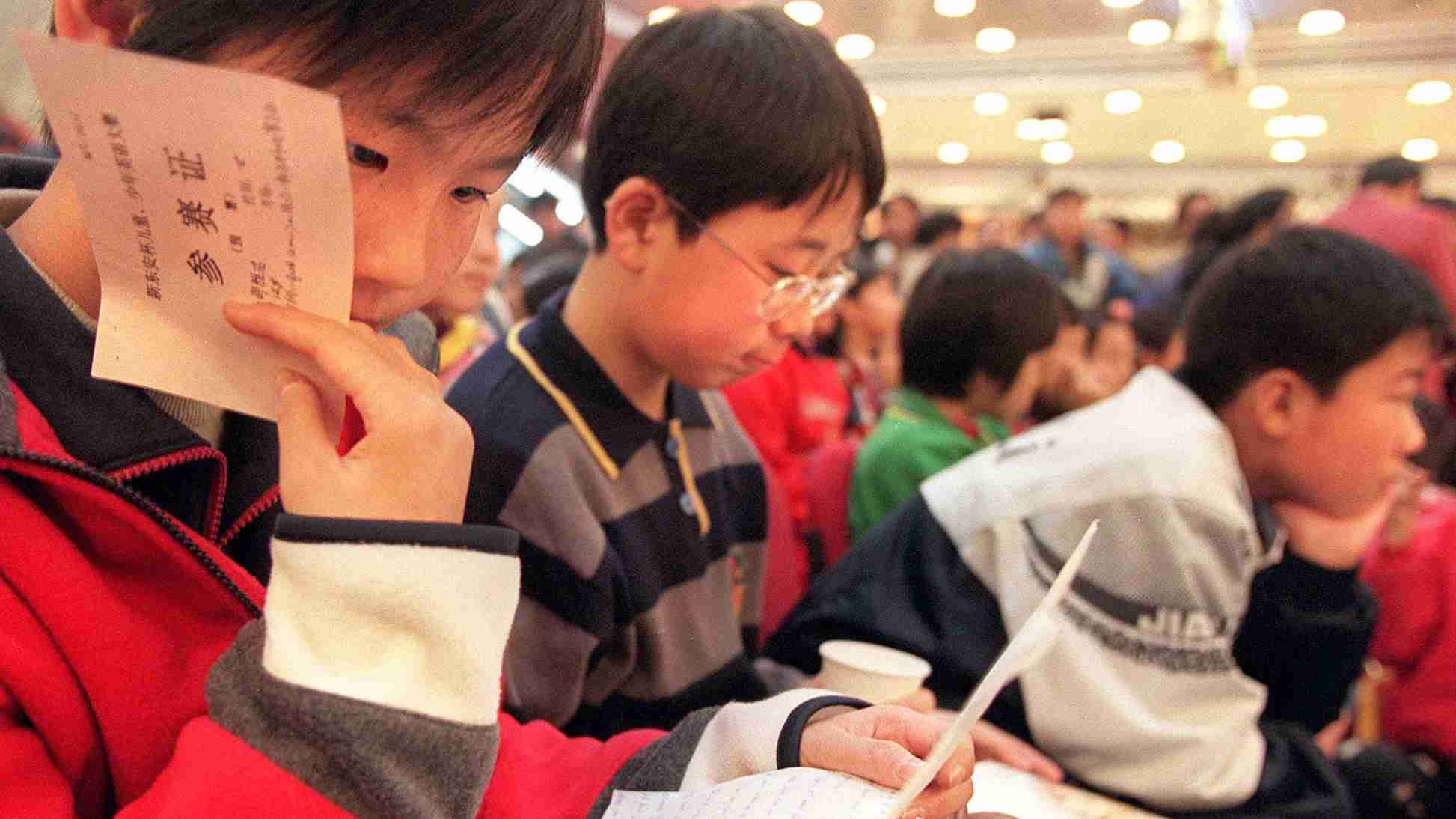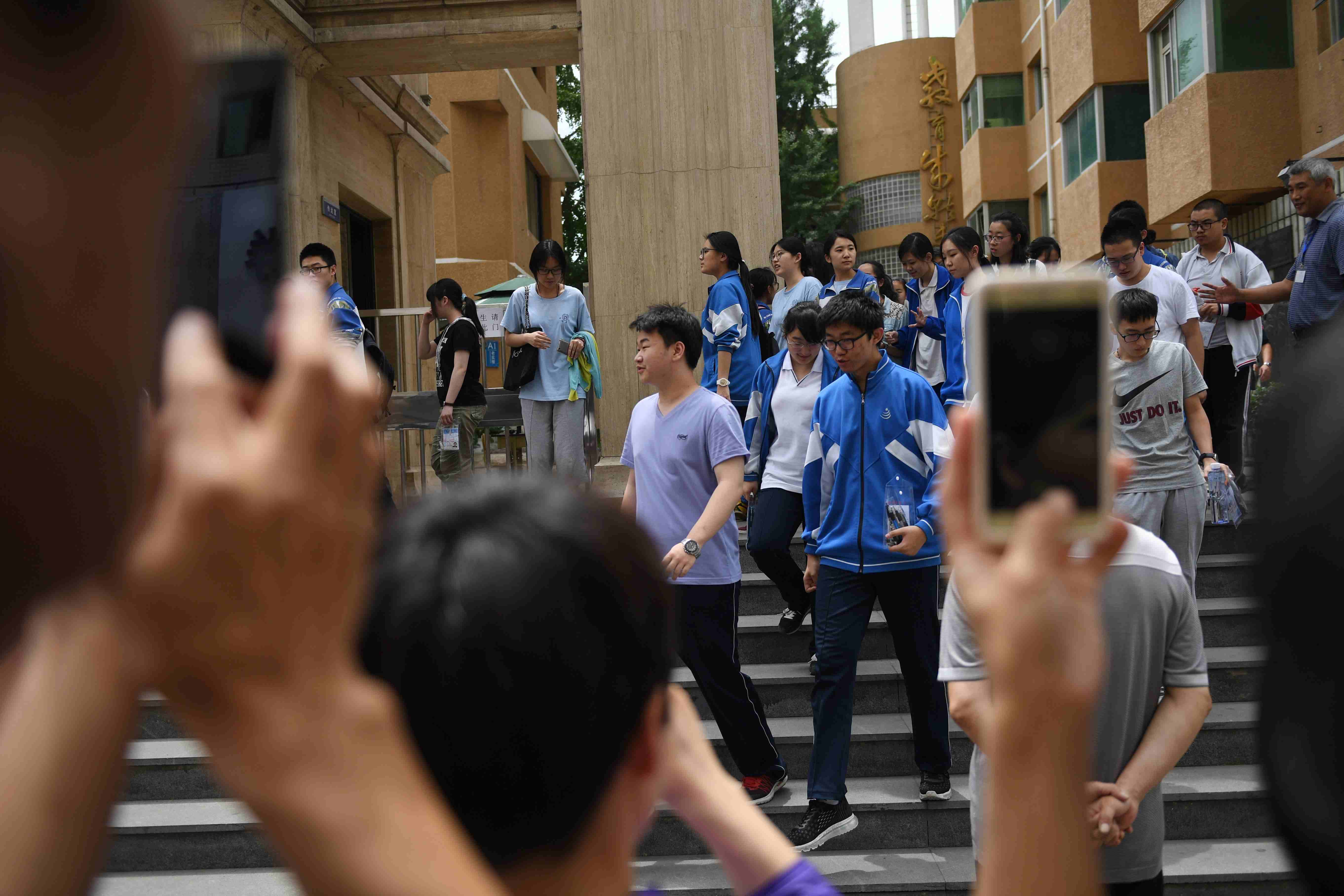
Opinions
18:42, 19-Aug-2017
Opinion: The true nature of tests
By Luke Shen-Tien Chi

Throughout Chinese history, tests were the great leveler. No matter where you were from, regardless of your background everyone was equal when they sat for tests. That sense of equality however has been lost and we must strive to bring it back.
In China's history, tests have commonly been used to decide whether people get job, what type of professions they enter and the wages they receive irrespective of whether you were a noble person, part of the imperial ranks or a common peasant. All walks of humanity came to designated test centers.
Tests were not just about equality they were also about building character. People who appeared for tests would give themselves in to countless hours of hard study beforehand. Thus, their moral behavior, grit and resolve provided an extraordinary example for others to follow.
Today we are at risk of the tests, - and with that the people who took them - becoming just stories which are merely passed down as quirks of history. Others may argue that as time goes on we disremember the true nature of tests and the important role they have played.
As we celebrate the 30th anniversary of the College English Test (CET) it is a good time to remind ourselves of these former educators and test takers.
The CET helped create a system which demonstrated not just an individual's proficiency in English but also gave a transparent picture of the general level of English ability throughout China. It enabled the decision-makers to reform the education system and helped deliver progress in language abilities across the country.
Nevertheless the current challenges facing China have brought us to a new front in educational reform. Requiring us to look at the tests again and in my view looking back to the country's ancient tradition of tests for inspiration and guidance.

Parents take photos as their children emerge from college entrance exams at a school in Beijing on June 8, 2017. Millions of students across China are taking the annual college entrance exams which play a huge role in determining their future. /AFP Photo
Parents take photos as their children emerge from college entrance exams at a school in Beijing on June 8, 2017. Millions of students across China are taking the annual college entrance exams which play a huge role in determining their future. /AFP Photo
Firstly China's ancient test takers are an example of how we should behave ethically, both when studying for exams and in taking the exams themselves. That state of honorable behavior has changed over the course of time into a competitive behavior in which the pursuit of higher grades trumps everything else.
Losing what the examination was originally created for will create a misleading picture of what is really going on in China.
Instructors at all levels of educational establishment should stress the real point behind each test by making a clear statement of the purpose of the tests. This should protect against any form of cheating and misconduct before every examination. Moreover, students should regularly be encouraged to try and work harder. Likewise, creating a pressure-free test situation can also ease examinees’ stress levels and redirect their concentration back on the real reason for testing.
Additionally, examination takers should be taught the "right behavior" when sitting for a test. Let each examinee understand why acquiring skills and knowledge is more important than achieving a high grade.
Teachers also need to recognize that no test is ever completely perfect at first. Fine tuning of a test is absolutely necessary until it reaches maturity. This requires continual improvement of examination papers until no error is found. At the end, we can truly create a well-integrated test paper. Furthermore, it would provide with the best way to measure a student's intelligence.
Let's also the genuine attitude of each individual students. They must have a strong longing to succeed in their academic field for their future profession. This desire is marked by someone who prepares their entire life for tests as part of a wider career and life goals.
Perhaps the greatest goal of learning is not merely aiming for a very comfortable living, but rather a long-term service to our country in an uncertain world.
(Luke Shen-Tien Chi is Chinese American spokenologist at Shenyang Normal University. The article reflects the author's opinion, and not necessarily the views of CGTN.)

SITEMAP
Copyright © 2018 CGTN. Beijing ICP prepared NO.16065310-3
Copyright © 2018 CGTN. Beijing ICP prepared NO.16065310-3